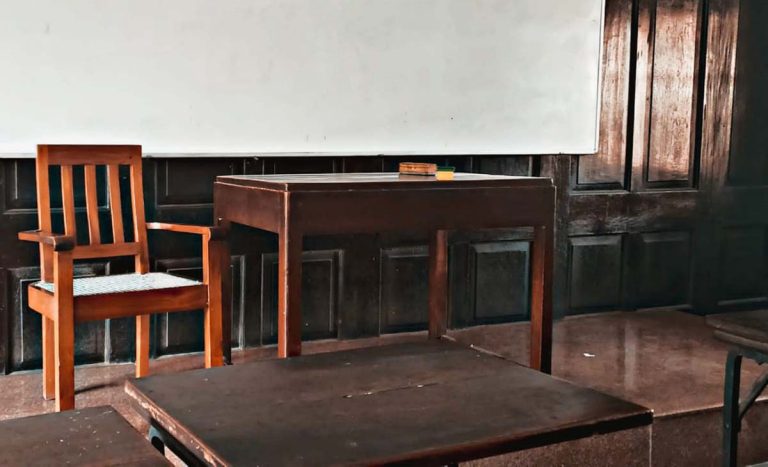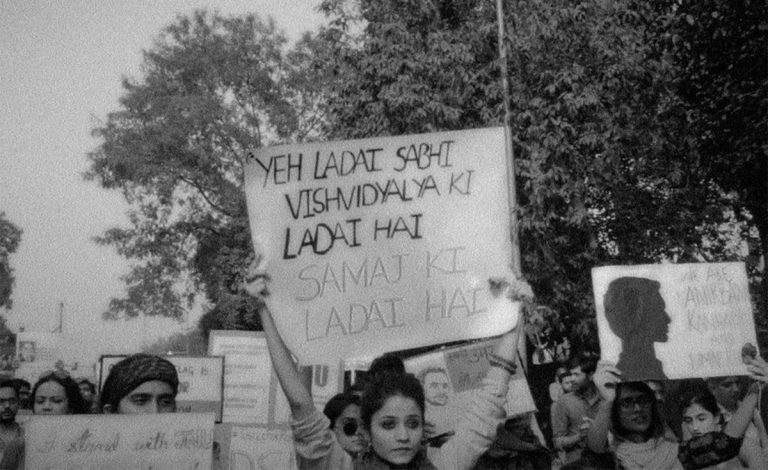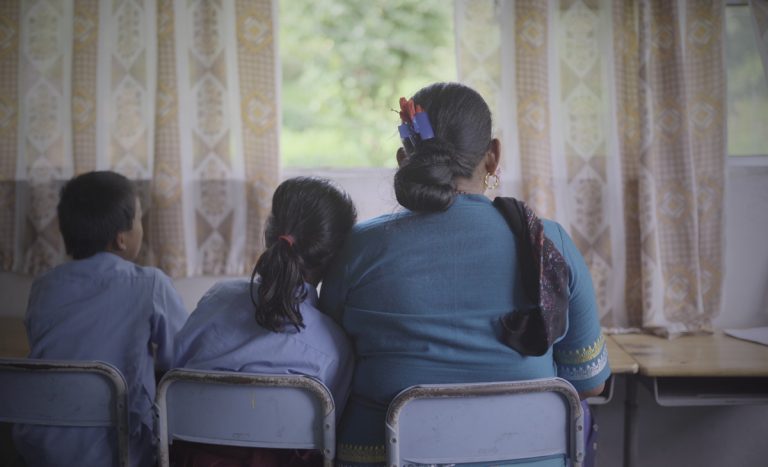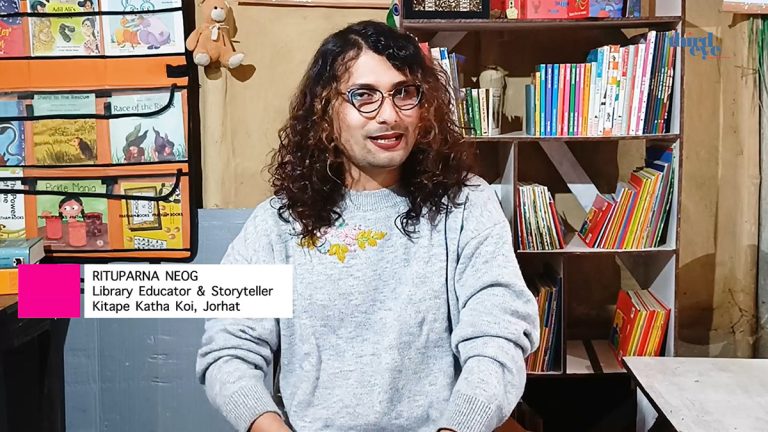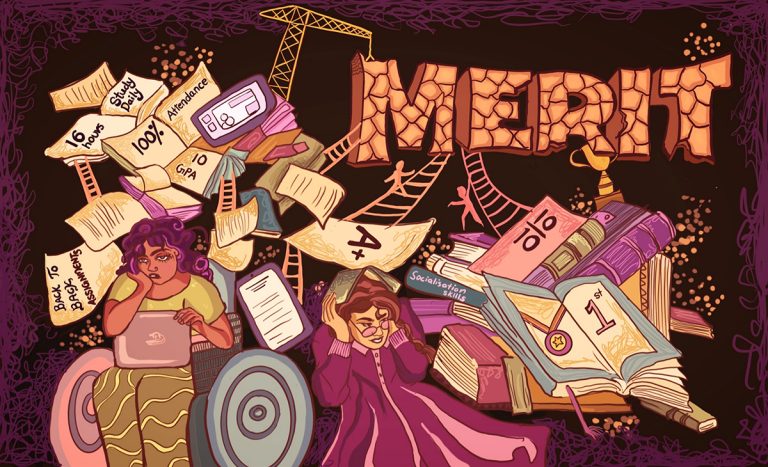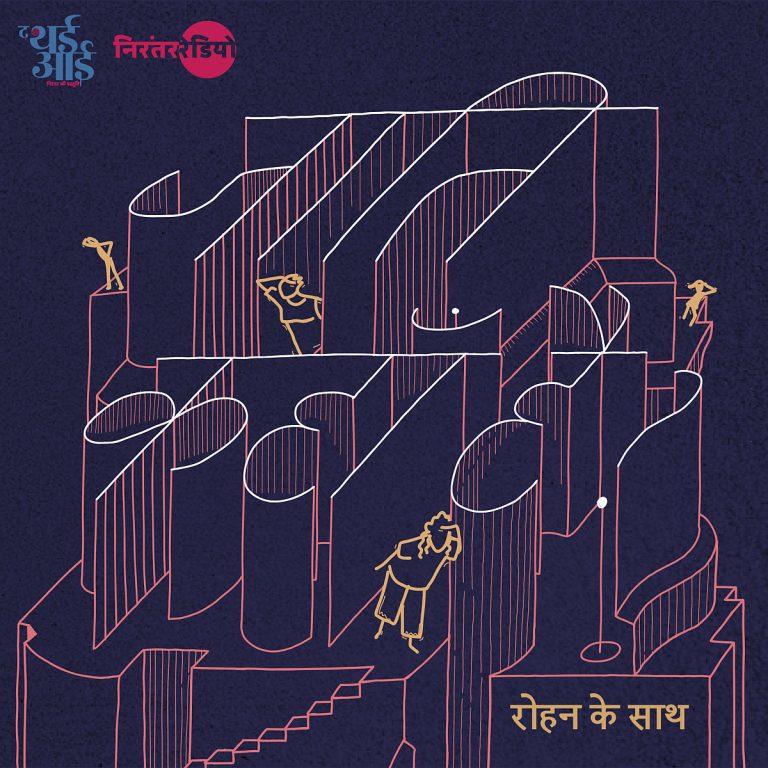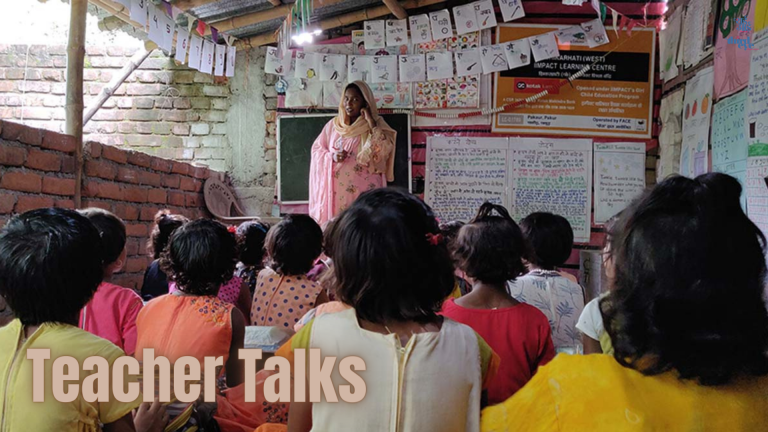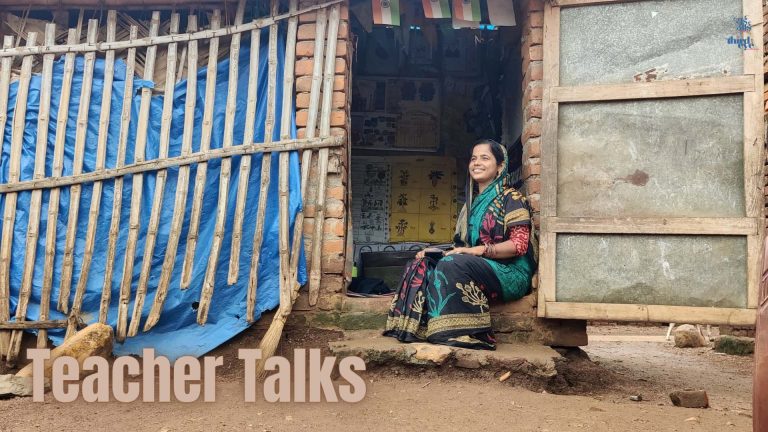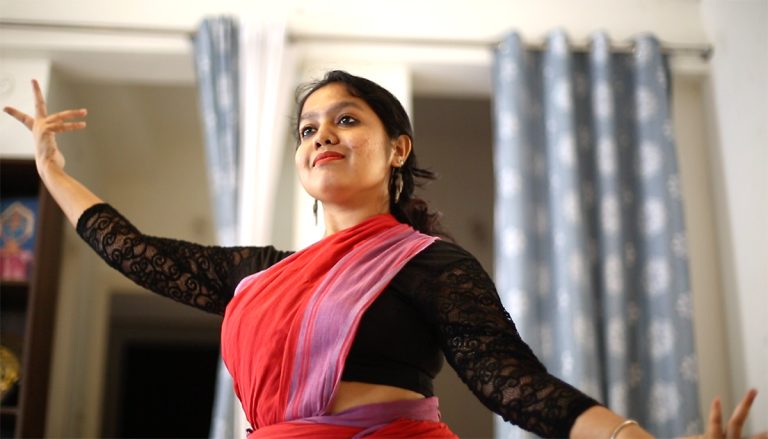
I Left the Famous Dance Institute and Learnt to Love Bharatanatyam Again
Words scraped against my brain as I Iay down, exhausted, in my stark white hostel room. I tried to find comfort in the lingering smell of the oil my roommate was massaging her knees with—that smell spelt care. Setting my alarm for five the next morning, my innards groaned.


